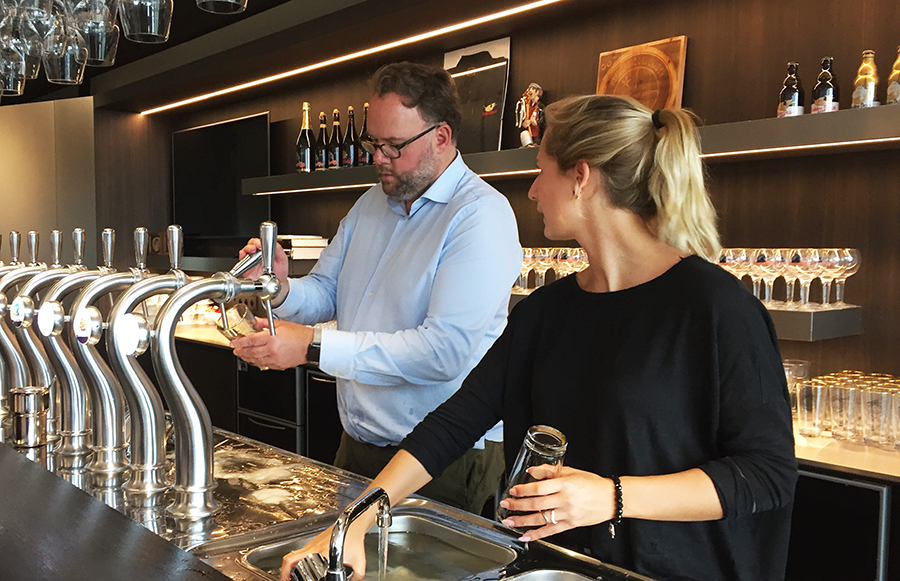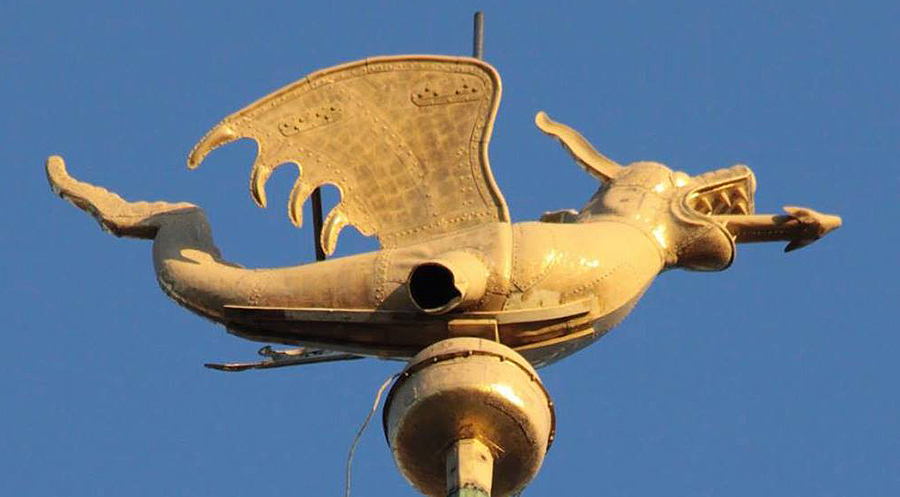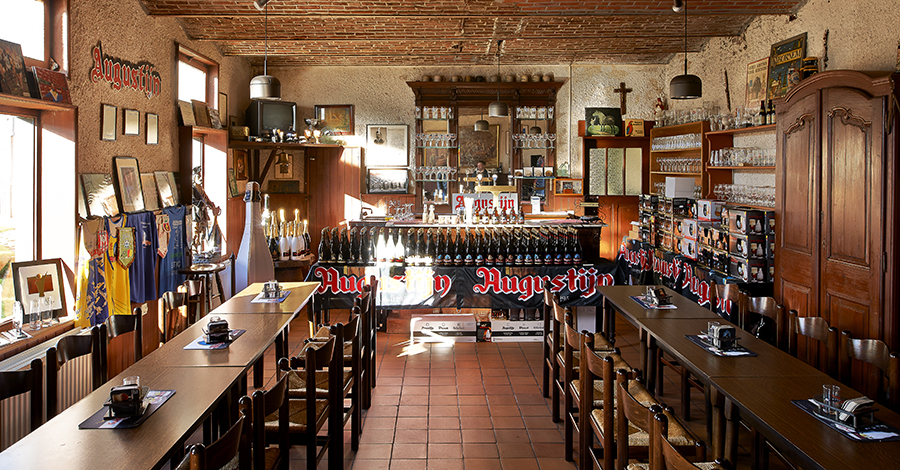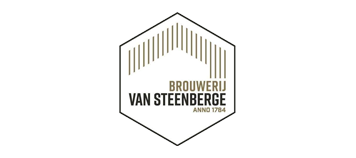Brewery Summary
A bold dichotomy of high-fermentation and approachability puts Brouwerij Van Steenberge in a class of its own. Many beer connoisseurs who claim to have cut their teeth on Belgian Beer often mention Piraat and Gulden Draak in the same breath. As if that reputation is not enough their Flemish Red-Brown Ale, Monks Cafe (a recipe that dates back to their founding in the late 18th century), was one of the first widely accepted sour beers in the United States. The unique flavors of the Van Steenberge yeast strain are undeniable and make their beers truly irreplicable.

The History
Like many others of its kind, this brewery originated from a ploughland farm, that was also engaged in brewing beer for its own consumption. The first time this brewery was mentioned on paper was in 1784 under the name of “Brouwerij De Peer”. It is very likely however, that there had been a brewery long before that time but that the farmer, John Baptist De Bruin, a native of the village ‘St. Kruis Winkel’ which is located not too far from the brewery, did not leave any written documents behind until that point in time.
Gradually, brewing became the farm’s main pursuit and eventually all agricultural activities were abandoned between the two World Wars. After John Baptist’s death, his widow, Angelina Petronella Schelfout, continued the business. From 1876 on, her nephew Jozef Schelfout gave her a helping hand. The brewery was extended with a malting house and a hops field. Indeed, many inhabitants of Ertvelde, the village where the brewery is located, can remember the two-acres field that belonged to the brewery.
Jozef Schelfout’s daughter, Magaretha, married Paul van Steenberge, who became mayor of Ertvelde and even Senator in the Belgian Parliament. It was Paul, who eventually changed the brewery’s name into “Brouwerij Bios”, Bios meaning life. The beer in stock was labeled “Bios”: it was a mixture of young beer weakened with a two year old brew. This style of beer today is called: old Brown. The brewer named the beer “Vlaamse Bourgogne” (Flemisch Burgundy), a proper name for such fine quality beer.
In order to comply with changes in common taste, bottom fermentation was introduced. A new brand was born: “Leute Bock”, (Leute = Joy) but a commercial name seemed more suitable, and it became SPARTA PILS. The feasibility of this rather expensive switch to lager, depended entirely on the enormous success of the Flemish Burgundy that paid for the investment: better cooling, new lagering tanks in aluminum. On top of that, the old fashioned barrels were to be replaced by glass bottles!
After WW I, the brewery started the production of lemonade. Mr. Jozef Van Steenberge (son of Paul and brewer till 1990) shepherded his business through the crisis of WW II. A war that unfortunately meant the end of hundreds of Flemish village breweries.
Due to the prospering of regional beers, the brewery knew a tremendous uplift. In 1978, the brewery was able to get hold of the recipe and yeasts from the Augustiner monks in Gent, who decided to stop brewing and license the beer out to the Van Steenberge brewery. Our brew-engineer at that time, Mr. De Vroe, refined the AUGUSTIJN ale, and turned it into the show-piece of de Van Steenberge brewery. Today, this beer and other special artisanal beers like the Piraat, Gulden Draak, Bruegel and Bornem, all of top-fermentation, make the brewery grow continuously.
In 1990, Mr. Paul Van Steenberge (Joseph’s son) took over the mash staff and the brewery. Enormous investments allowed the brewery to follow the technological evolution closely. By the end of 1992, this resulted in the installation of a completely computerized and automated brewery: a real masterpiece. The first in Belgium at that time.

Where is the brewery today? Last year we produced about 35,000 barrels (50,000 HL) of beer with 31 people. Most of the production is sold in Belgium. The export brings the beer all over the world. The top export market is Italy, followed by Holland and the USA. Then comes France, Spain, Switzerland, Germany and other countries. The mission of the brewery is to brew an exceptional world class beer product, and to stay independent.


